A woman has an entirely independent individuality in Islam. This blog is all about Women’s Status in Islam. Any agreement or contribution made in her name is valid. In her roles as a daughter, sister, wife, and mother, she has a right to inherit. She is completely free to select her spouse. These misunderstandings about Women’s Status in Islam have woven a distorted narrative, depicting Islam as a suppressive force against women’s in islam. More ever islam and Muslim women has been blamed for many myth and lie in many cases about women in islam which even not present in Islam.
However, a closer examination of Islamic teachings and historical practices unveils a nuanced and empowering understanding of women’s roles and rights.
MUST READ FOR 2023:
- top 5 fashion trends in Europe
- top 5 best women’s winter boots of 2023
- Discover Best Garnet Hill Skirts 2023
- Discover Top 5 Best Hoodies of 2023
Islam is a religion of peace that encourages forgiveness, compassion, and tolerance. Islam’s sacred scripture, the Quran, expressly forbids using violence unless it is necessary for self-defense or to resist injustice. Muslims men and women’s are taught by the Prophet Muhammad (peace be upon him) to always try to settle disputes amicably.
There are different myth or misconception about Muslim women’s. What is the Women’s Status in Islam is given below
Women are oppressed and subjugated in Islam.
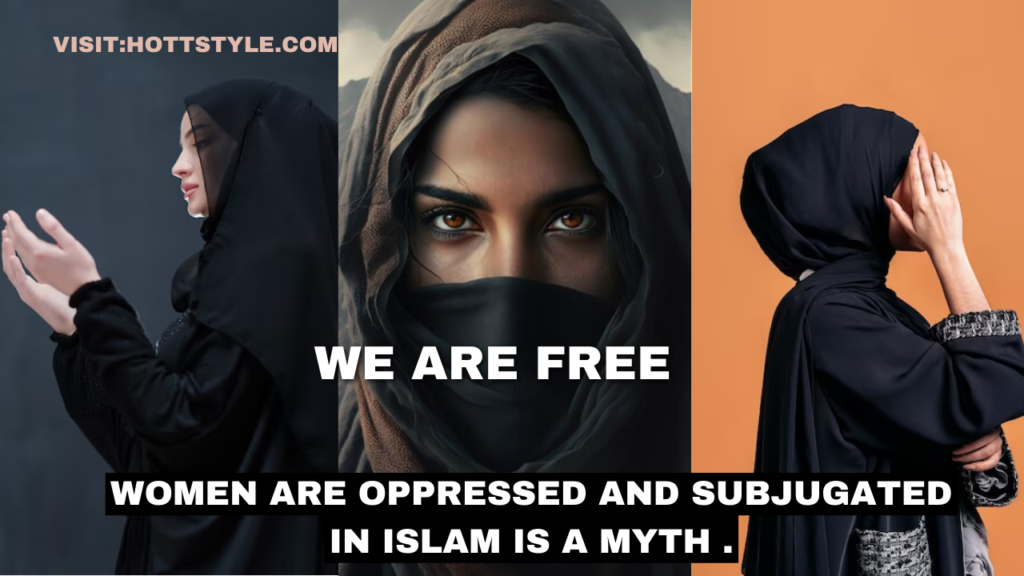
This widely held misconception oversimplifies the complex role of women in Islam. In reality, Islam promotes a framework that encompasses a comprehensive set of rights and responsibilities for women. While it is true that there are cultural and regional variations in how Islamic principles are interpreted and implemented, it is crucial to distinguish between the teachings of Islam and cultural practices that may deviate from them.
Islam, as a religion, emphasizes the dignity, rights, and respect of women. The Quran, the holy book of Islam, explicitly acknowledges the equality of men and women, stating that both were created from a single soul. This fundamental equality underscores the idea that women are not inherently inferior to men.
Contrary to the misconception, Islam grants women the right to education. The Prophet Muhammad (peace be upon him) emphasized the importance of seeking knowledge, and Islamic history is replete with examples of highly educated and influential women scholars. These women made significant contributions to fields such as medicine, science, and literature, challenging the notion that women’s are discouraged from pursuing intellectual pursuits.
MUST READ THE HISTORY OF WOMEN BEFORE ISLAM
Furthermore, Islam recognizes women’s right to employment and property ownership. The Quran acknowledges women’s economic independence and encourages financial transactions that are fair and just. What is the Women’s Status in Islam.
The teachings of Islam emphasize treating women with respect and dignity. The Prophet Muhammad’s conduct serves as a model for Muslims, illustrating the importance of kindness and compassion towards women. Instances from his life demonstrate his commitment to ensuring the welfare and equitable treatment of women in the community.
Women are not allowed to work or study in Islam.
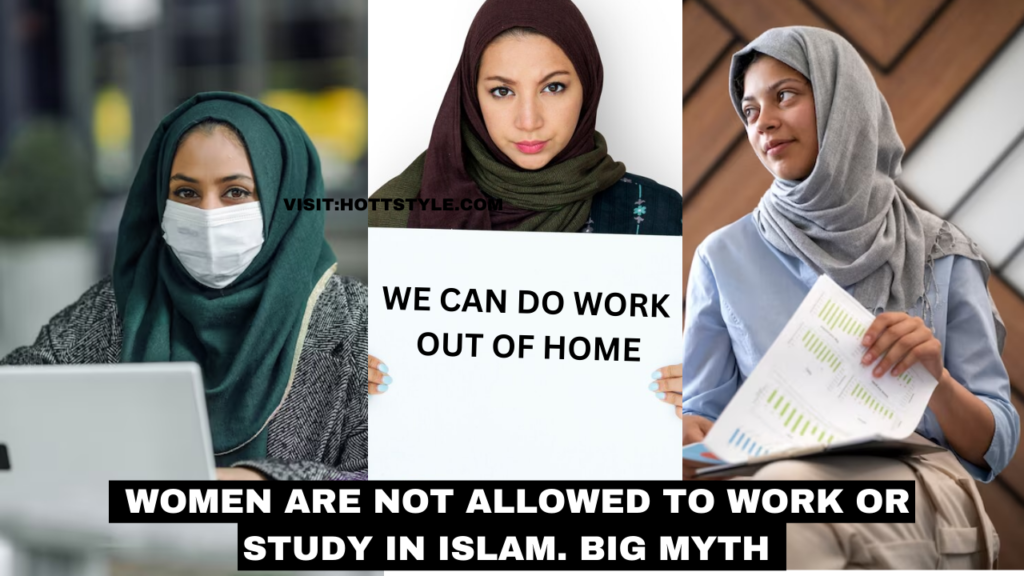
This misconception stems from a misunderstanding of Islamic teachings. In reality, Islam not only permits but actively encourages both men and women to pursue education and engage in productive work that benefits society. The Prophet Muhammad (peace be upon him) emphasized the significance of seeking knowledge, declaring, “Seeking knowledge is obligatory for every Muslim, male and female.”
Islamic teachings underscore the importance of education as a means of personal and societal development. The Quran itself places a high value on knowledge, and throughout Islamic history, women have played pivotal roles in various intellectual and academic pursuits. What is the Women’s Status in Islam .There are numerous examples of highly educated and influential Muslim women who have made significant contributions to fields such as theology, science, medicine, literature, and more.
The misconception that women are not allowed to work in Islam is contradicted by the Prophet’s own life. His first wife, Khadija, was a successful businesswoman and an employer in her own right. What is the Women’s Status in Islam .This historical example demonstrates that not only did Islam permit women to work, but it also recognized and valued their contributions to the economy.
Furthermore, Islamic teachings emphasize the principle of fairness and justice in all aspects of life, including the workplace. Women’s Status in Islam are entitled to fair compensation, safe working conditions, and the right to choose their profession. Islam encourages economic activities that are ethically and morally sound, ensuring that both men and women can engage in professions that contribute positively to society.
Islam also recognizes the responsibilities that come with seeking knowledge and pursuing a career. Both men and women are encouraged to use their skills and education for the betterment of society, fostering a sense of social responsibility and contributing to the overall welfare of the community.
Women are forced to marry in Islam.

Contrary to this misconception, Islam vehemently prohibits forced marriages and upholds the principle of free will in the matters of marriage. The Prophet Muhammad (peace be upon him) explicitly addressed this issue, emphasizing the autonomy and agency of women in choosing their life partners.
He stated, “A widow has more right to her person than anyone else to decide about it. No one should force her to marry against her will.”
This profound statement by the Prophet underscores the importance of respecting a woman’s right to make decisions about her own life, particularly in matters as significant as marriage. It rejects any notion of coercion and highlights the need for mutual consent in the marital union. In Islam, marriage is considered a sacred contract between two consenting individuals, and any form of compulsion or coercion is strictly prohibited.
CLICK HERE:http://www.quora.com
Furthermore, Islamic teachings emphasize the significance of mutual agreement and compatibility in a marriage. The Quran encourages believers to choose spouses who bring tranquility and companionship into their lives, fostering a relationship based on love, understanding, and shared values. This inherently rejects the idea of forcing individuals into marriages against their wishes, as such unions are unlikely to fulfill the spiritual and emotional dimensions that Islam envisions for a marital relationship.
Islam places a high value on the concept of “ijma” or consensus within the community.
It means that decisions, especially those with significant consequences such as marriage, should be made with the collective agreement and understanding of the individuals involved. Forced marriages not only violate the principles of free will and consent but also run counter to the Islamic emphasis on communal harmony and consensus.
Women are not allowed to pray in mosques in Islam.
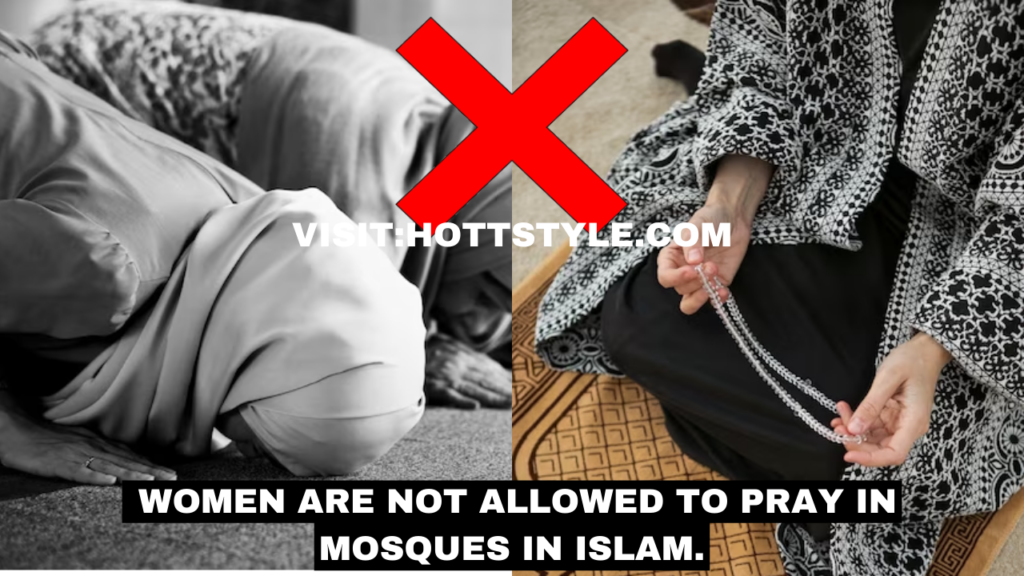
This misconception arises from a misunderstanding of Islamic practices. In reality, Islam neither prohibits nor restricts Muslim’s women from praying in mosques. While it is true that women are not obligated to perform their prayers in a mosque, they are entirely free to do so if they choose.
The Prophet Muhammad (peace be upon him) acknowledged and encouraged women’s attendance at mosques for prayers. In Malaysia, Indonesia and in many African countries Muslim go to mosque for prayer. But in Pakistan Afghanistan women are not going to mosque because of may be Scholar (Molvi Hazraat ) etc…But it is allowed for a women to pray namaz and salah in mosque.
The Ultimate Style Top 10 Indian Fashion Trends for 2023
Discover 7 Powerful Reasons to Attend the Women’s Shoe Carnival
Islamic tradition upholds the importance of modesty and privacy, and as a result, many mosques have separate prayer areas designated for women and Women’s Status in Islam . These spaces ensure that women can engage in their worship comfortably, preserving their privacy and maintaining a focus on their spiritual connection with Allah.
It is crucial to recognize that the practice of women praying at home does not indicate a restriction but rather an accommodation that aligns with the principles of modesty and convenience. The Prophet Muhammad (peace be upon him) emphasized that the homes of Muslims are also suitable places for prayer, and women are encouraged to pray at home if they find it more comfortable or convenient.
Moreover, many Muslim women actively participate in congregational prayers at mosques, especially during Friday prayers, which are considered a significant communal gathering in Islam. Women who attend mosques for prayers not only exercise their right to worship in a communal setting but also contribute to the vibrant and diverse community life within Islamic societies.
It is essential to dispel the misconception that women are barred from mosques, as this misperception can contribute to an inaccurate portrayal of the inclusivity and flexibility within Islamic practices. Understanding that Islam recognizes the autonomy and agency of Women’s Status in Islam in matters of worship helps foster a more nuanced and accurate understanding of the religion.
Misconception about Women’s Hijab
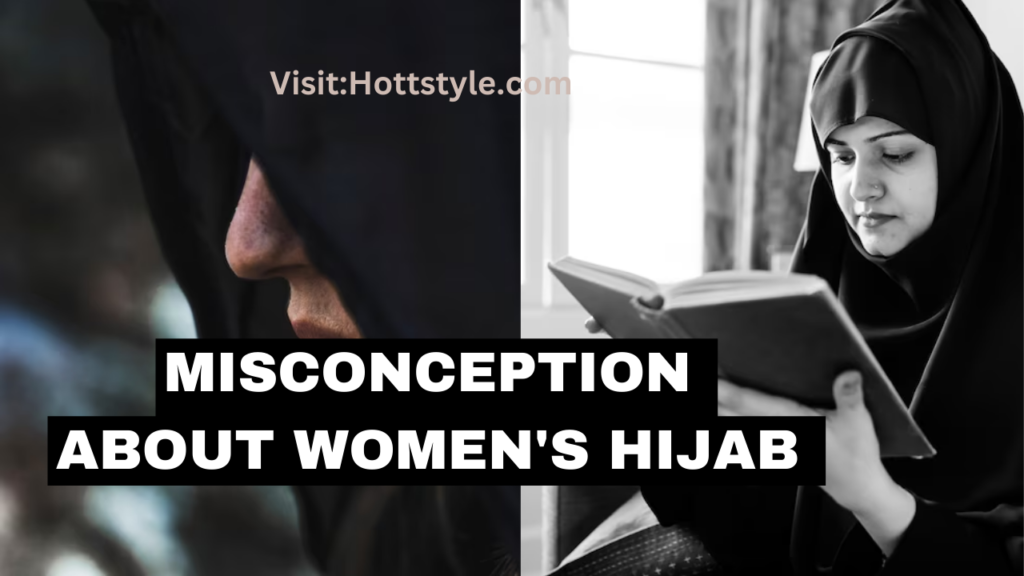
The hijab is a veil or headscarf that is worn by some Muslim women. In Arabic, the word “hijab” means “partition” or “curtain”. It is a symbol of modesty and devotion to God.
The hijab is mentioned in the Quran, the holy book of Islam. In one verse, God tells Muslim women to “draw their cloaks close to them” (Quran 33:59). Some Muslims interpret this verse to mean that women should wear the hijab. But there are many Muslim’s countries where women do not wear scarf or hijab even for one time.
Hijab is very important in Islam because
The hijab is a symbol of oppression.
The hijab is a symbol of modesty and devotion for many Muslim women. It is a way for them to express their faith and to feel closer to God. The hijab is not a sign of oppression, but rather a symbol of empowerment.
Myth 2: Women are forced to wear the hijab.
- Fact: The hijab is a voluntary choice for Muslim women. There is no compulsion in Islam to wear the hijab. Women who choose to wear the hijab do so out of their own free will and belief.
Myth 3: The hijab is a sign of inferiority.
- Fact: The hijab is not a sign of inferiority. Muslim women who wear the hijab are just as intelligent, capable, and accomplished as any other woman. The hijab does not define a woman’s worth, it is simply a way for her to express her faith.
- Explore best 1950s Mens Fashion
- Women fashion sneakers That Will Never Go Out of Style
Myth 4: The hijab is a barrier to communication.
- Fact: The hijab is not a barrier to communication. Muslim women’s who wear the hijab are able to communicate just as effectively as any other woman. The hijab does not prevent women from interacting with others, it simply adds a layer of modesty to their interactions.
Myth 5: The hijab is only for Muslim women.
- Fact: The hijab is not only for Muslim Women’s Status. Women of other faiths, or no faith at all, may also choose to wear the hijab as a symbol of modesty or religious devotion. The hijab is a symbol that is open to all women.
These are just a few of the many myths about the hijab. It is important to challenge these stereotypes and to promote understanding and respect for all Women’s Status in Islam , regardless of their religion or beliefs.
FAQ ABOUT Women’s Status in Islam
Certainly, let’s address each of these questions:
What are the rules for women in Islam?
Islam provides guidelines for both men and women, encompassing aspects of behavior, morality, and worship. These guidelines are derived from the Quran, the Hadith (sayings and actions of the Prophet Muhammad), and Islamic jurisprudence. Some common rules include modest dress for Women’s Status in Islam , adherence to ethical conduct, and participation in religious obligations, such as prayer and fasting.
Who are the main women in Islam?
Islam holds numerous women in high regard, including Khadija, the Prophet Muhammad’s first wife; Aisha, his wife and a prominent scholar; Fatimah, his daughter; and Maryam (Mary in English), the mother of Prophet Isa (Jesus).
What are the duties of a wife in Islam?
The duties of a wife in Islam include maintaining the household, caring for children, and fostering a harmonious relationship with her husband. However, Islam emphasizes that these responsibilities should be shared, and mutual respect and cooperation are fundamental to a successful marriage.
Who was the first woman to accept Islam?
Khadija, the first wife of the Prophet Muhammad, was the first person to accept Islam. Her unwavering support and commitment to the early Muslim community were crucial during the formative years of Islam.
What are females not allowed to do in Islam?
The restrictions in Islam primarily revolve around maintaining modesty and ethical conduct. For example, engaging in premarital or extramarital relationships, consuming intoxicants, and engaging in dishonest practices are discouraged.
What is not allowed for a woman in Islam?
Women in Islam are advised to refrain from immodest dressing, engaging in harmful gossip, and participating in activities that go against Islamic principles. The emphasis is on maintaining modesty, integrity, and good character.
Can a woman go out without her husband’s permission?
Islam does not require a woman to seek her husband’s permission to go out. However, mutual consultation and communication are encouraged within a marriage to foster understanding and cooperation.
What does the Quran say about a working woman?
The Quran does not discourage women from working. In fact, it acknowledges and values the contributions of women in various capacities. Both men and women are encouraged to use their skills and talents to benefit society while adhering to Islamic principles.
What are a wife’s duties towards her husband?
A wife’s duties include providing companionship, maintaining the household, and caring for the family. However, these responsibilities are reciprocal, and both spouses are encouraged to support and cooperate with each other.
Can a husband touch his wife without permission?
Islam encourages mutual affection and intimacy between spouses. While the specifics of physical affection may vary between couples, the general principle is to treat each other with respect and kindness.
Can a married man sleep with an unmarried woman?
Islam prohibits extramarital relationships, emphasizing the importance of maintaining the sanctity of marriage. Sexual relations are permissible only within the bounds of a lawful marriage and it is against Women’s Status in Islam .
Can a married woman leave her husband?
Islam acknowledges the complexity of marital relationships but encourages efforts to reconcile differences. Divorce is allowed as a last resort if reconciliation proves impossible, and certain conditions are met.
What is the name of a man who sleeps with a married woman?
The term “adulterer” is commonly used to describe a person who engages in sexual relations with someone other than their spouse when either party is married.
Can I sleep with my girlfriend before marriage?
Islam prohibits premarital relations, and sexual intimacy is allowed only within the confines of a lawful marriage.
What is it called when a man has a wife and a girlfriend?
The term “polygamy” refers to a marital arrangement where a person has multiple spouses. However, it is important to note that polygamy is subject to certain conditions and limitations in Islam.
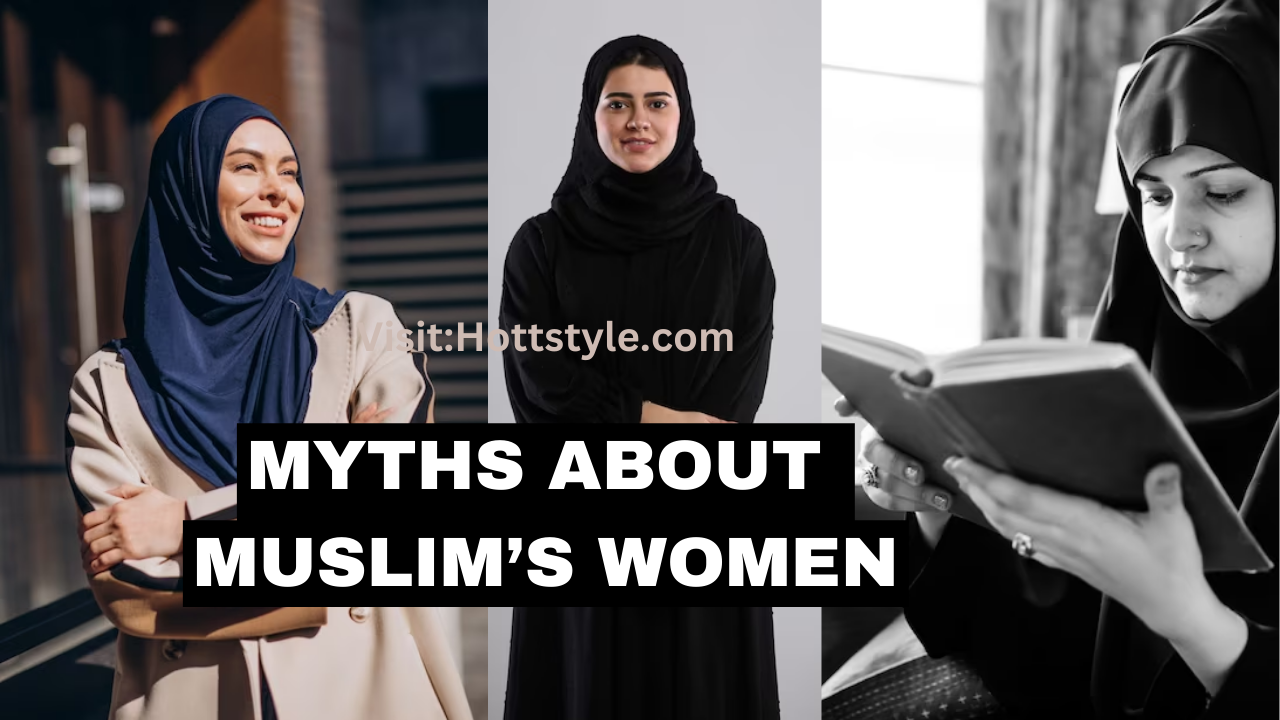
ITS very helpful
thanks